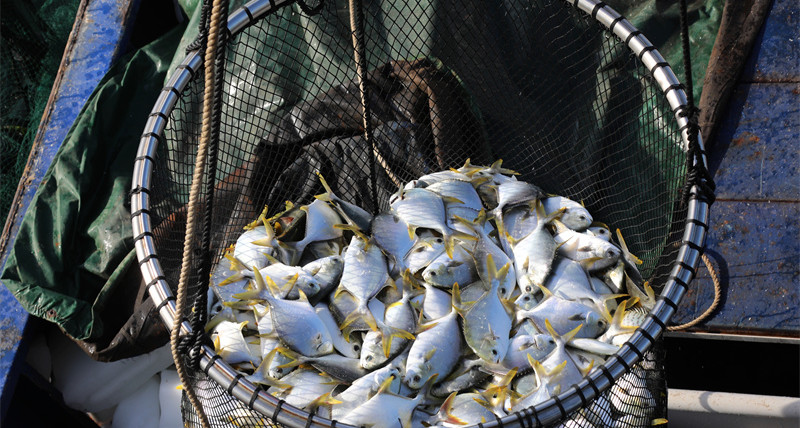Return of Piracy, Expanding Trafficking, Port Cyberattacks: Seas Becoming High-Risk Zones
“The world cannot be secure without maritime safety,” warned the UN chief on Tuesday, urging states to deliver a collective response to the growing proliferation of threats.
During a Security Council debate on maritime security, United Nations Secretary-General António Guterres emphasized how deeply humanity depends on the oceans and seas—not only for their biodiversity and the oxygen they produce, but also for global trade and geopolitical stability. “Maritime routes connect the world,” he stated, adding that they have “always been the main arteries of global commerce.”
Crime, Conflict, and Regional Tensions
But these maritime routes, vital to global stability, are now weakened. “Challenges linked to disputed borders, depletion of ocean resources, and the escalation of geopolitical tensions that fuel competition, conflicts, and crime,” the UN chief listed. He reminded that the Security Council has already addressed several of these threats: “Piracy, armed robbery, trafficking, and organized crime […] as well as maritime terrorism.”
The figures are worrying. After a decline in 2024, piracy acts are rising again sharply. According to the International Maritime Organization (IMO), the number of attacks has increased by nearly half compared to the same period last year. “In Asia, it has nearly doubled,” Mr. Guterres specified.
The Straits of Malacca and Singapore, the Red Sea, the Gulf of Aden, and the Gulf of Guinea are now hotspots for multiple illicit activities, ranging from migrant trafficking and illegal fishing to smuggling of oil, weapons, and drugs.
Transnational networks are also in the spotlight. “Heroin from Afghanistan continues to arrive in East Africa via the Indian Ocean. Cocaine passes through the coasts of the Americas and crosses the Atlantic Ocean to reach West Africa and European ports,” the Secretary-General explained. Added to this is a more recent threat: cyberattacks targeting ports and shipping companies.
“We are receiving a distress signal from the world’s maritime routes and the populations that depend on them,” he concluded.
A Call for Cooperation
To address these threats, António Guterres emphasized the need to act in three key areas: respecting international law, tackling the root causes of maritime insecurity, and strengthening partnerships at all levels.
“Respect for international law is the primary condition for maritime safety,” he stated, recalling that the UN Charter and the United Nations Convention on the Law of the Sea provide an essential framework. “However, its effectiveness depends on the willingness of States to ensure its full and effective implementation.”
At the core, the Secretary-General advocated for a comprehensive approach addressing the roots of crime at sea: poverty, fragile governance, and lack of livelihoods. “Maritime safety threats cannot be overcome without also confronting issues such as poverty, lack of livelihoods, insecurity, and weak governance structures.”
Fragmented Progress
The UN and its agencies support several regional initiatives, from West Africa to Asia. The interregional mechanism of the Yaoundé Architecture, established to secure the Gulf of Guinea, helped reduce piracy incidents from 81 in 2020 to only 18 in 2024. “The International Maritime Organization continues to play a fundamental role,” noted António Guterres, also praising projects focused on strengthening local capacities, judicial assistance, and naval force modernization.
But to fully meet the urgency, expanded cooperation is required. “We must engage all stakeholders involved in maritime spaces in the action taken in this field,” the UN chief insisted. Governments, shipowners, insurers, civil society, and coastal communities must be included in the response.
Women and girls, disproportionately affected by piracy and human trafficking, must also be prioritized. “As threats become increasingly complex and interconnected, it is essential to improve coordination and strengthen maritime governance.”
A Summit in Nice to “Take Action”
Mr. Guterres finally called on member states to make the upcoming United Nations Ocean Conference, scheduled in Nice from June 9 to 13, a turning point. “The next Ocean Conference […] will be a decisive opportunity for countries worldwide to take action.”
In conclusion, the Secretary-General reaffirmed the United Nations’ commitment: “The UN system stands ready to continue assisting this Council and all Member States to ensure peaceful, safe, and prosperous maritime spaces for generations to come.”
Source: News.un




